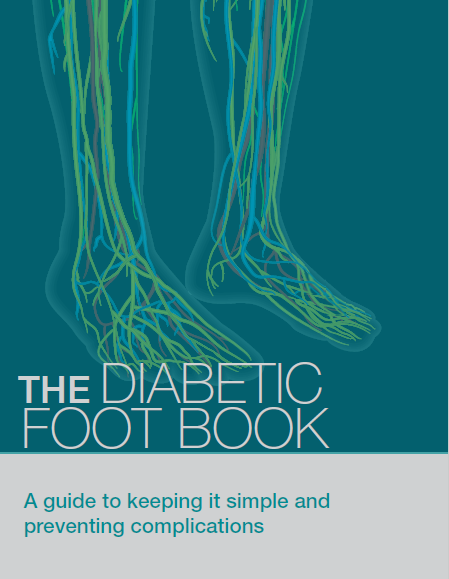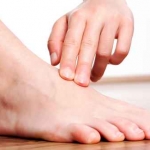People with diabetes are prone to developing serious foot problems.
Diabetes can affect the circulation (peripheral arterial disease), sensation (neuropathy) and the structure of bones and joints (charcot joints). The feet are one of the most common sites for diabetic complications and the risk of complications increases with the length of time with diabetes, as well as the level of blood glucose control. Other factors such as general health, physical activity, other medical conditions and smoking will have an impact on the health of the feet .
At Podicare we recommend a minimum of one high risk foot examination a year for all people who have diabetes. The High Risk Foot examination allows the podiatrist to determine what impact, if any, diabetes has had on foot health. It involves circulation testing using doppler ultrasound and blood pressure readings in the toe and ankle; sensation testing using monofiloment, vibration and light touch; and biomechanical testing.
Your Foot Risk Status is determined by the test results.
The Podiatrist develops a treatment and management plan based on the foot risk status and any other foot health concerns.
Download the PODICARE Diabetic Foot book for simple explanations and details on caring for diabetic feet.
People who have diabetes have an increased risk of having problems with their feet. In some cases these complications can lead to ulceration and amputation.
The reason that we see so many complications in Diabetics is because the condition affects the body’s circulation and nerves. As a result people can develop a myriad on problems related the circulation and nervous system including
Peripherial Arterial Disease- poor circulation to the legs and feet
Neuropathy– changes to the nerves ability to send and receive messages properly
Impaired response to immunity and infection– the circulation and nerves are affected, the body can not fight infection or heal as well as it should.
Charcot foot– changes to the bones and joints in the foot that lead to deformity
Tendinopathy– changes to the tendons and soft tissues as a result of unhealthy circulation and nerves
Myopathy– weakening of the muscles
Dry skin- as the autonomic nerves are affected
At Podicare we provide care for diabetic feet in the following ways:
A high risk foot examination– assessing the circulation, nerves, foot and leg mechanics
Classification of your foot risk status– Nil, Low, High and Active
Care is provided dependant on your foot risk status and foot health
Treating all of your foot and leg conditions, related to diabetes or otherwise
We prevent problems from developing by providing preventative foot care
Footwear assessment and advice
Teach you on how to care for your own feet
To make an appointment with a Podiatrist for diabetic feet, please contact us today.


